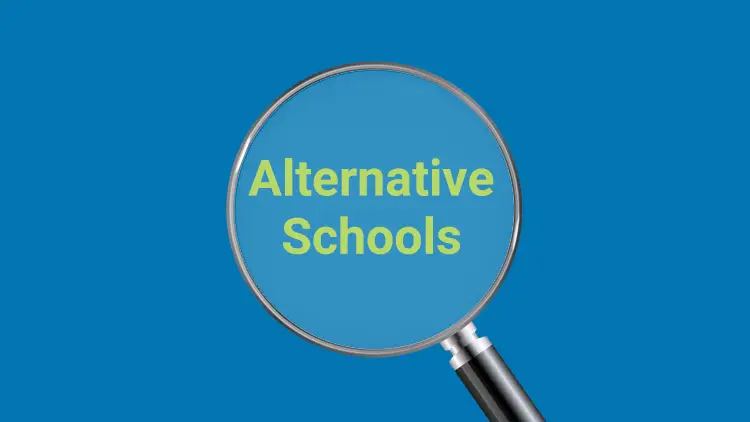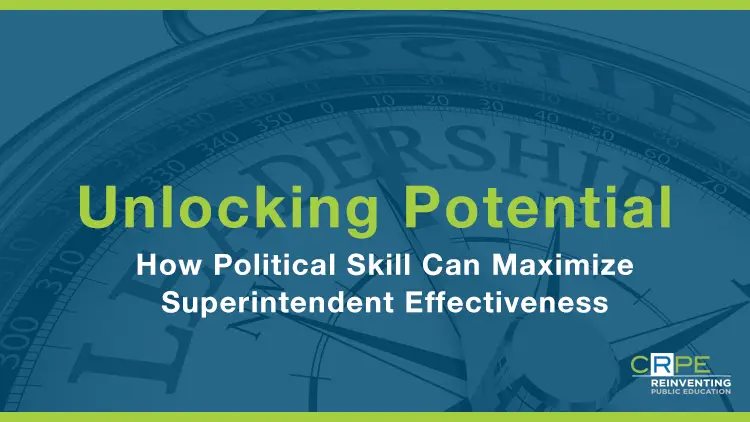Three Ways Charter Schools Can Make Sure They Recruit, Hire, and Retain the Teachers They Need
Summer vacation may still be months away, but school leaders across the country are already gearing up to hire teachers for the next school year. Many will find themselves in the same predicament they’ve faced for years: scrambling until the last minute to fill open positions, especially in crucial subjects like math, science, and special […]
New CREDO Report Shows System-Level Supports, Turnaround Expertise Critical to School-Level Improvements
CREDO at Stanford University published a new report today, examining the impact and implementation of nonprofit charter management organization (CMO)-led school turnarounds under Louisiana’s Recovery School District (RSD) in New Orleans and Tennessee’s Achievement School District (ASD) in Memphis and Nashville. Both efforts were funded through a federal i3 grant and CREDO was the evaluator. […]
What Continuous Improvement Networks Should Learn from District-Charter Compacts

The Bill & Melinda Gates Foundation recently announced a new focus on supporting networks of middle and high schools. These Networks for School Improvement are intended to support continuous improvement—built on collecting data and testing solutions—in order to tackle some of public education’s most pressing challenges. As someone who studies education from a systems perspective, […]
Proposal: The Future of the Charter School Movement Requires a New Political Strategy
The national charter movement grew because people from diverse perspectives agreed on the need for a new form of public school free of bureaucratic and union constraints. As political scientist Stephen Page observed, the movement consisted of left-leaning educators supported by right-wing money. In the absence of a guiding political mastermind, the members of the movement […]
Clearing the School Choice Fog for Parents

School choice proponents argue that choice creates equitable access to quality schools and results in the shuttering of schools that perform poorly since few families choose them. However, this is based on families having the right tools to make informed and timely decisions. In reality, school choice is often dizzyingly complex and, as CRPE researchers […]
It’s Time to Study Alternative Schools

America is trying to serve an ever-increasing proportion of its most at-risk students outside of traditional high schools. This should be studied carefully. Alternative Education Campuses (AECs) serve young people who have failed in school, dropped out, or are at risk of dropping out or being expelled. Momentum Strategy & Research, which studies AECs as […]
Denver’s Storied Portfolio District Is Starting to Act Like Just Another City School System
Denver Public Schools hosts endless visits from civic and district leaders looking for ways to reinvent public education. It has been a star portfolio district and a leader in charter-district collaboration. Over the course of a decade, multiple superintendents and board members have enjoyed strong backing to give parents freedom to choose outside their neighborhood […]
Three Ways Superintendents Can Increase Their Influence

Some years ago CRPE published An Impossible Job? A View from the Urban Superintendent’s Chair. It detailed the many things stacked against a district superintendent’s success, including politics, bureaucracy, union dominance of school boards, and short tenures. These findings still apply; yet now as then some local superintendents are making a success of the job. […]
Reforming the School Choice Rhetoric

I often find myself thrust into different worlds within the school choice community. These worlds are defined by the underlying political ideology of the organizations advocating for various types of choice. And despite being one of those people who doesn’t think politics should be part of determining what is best for students in schools, in […]
2018 at CRPE: Looking Around the Corner
At CRPE, our core business is gathering and analyzing evidence to inform education policy and propel systemic improvements. But what makes us unique is our ability to look around the corner to anticipate new challenges and develop bold ideas and pragmatic solutions. Marking our 25th Anniversary, 2018 will be an important year for CRPE, and […]


